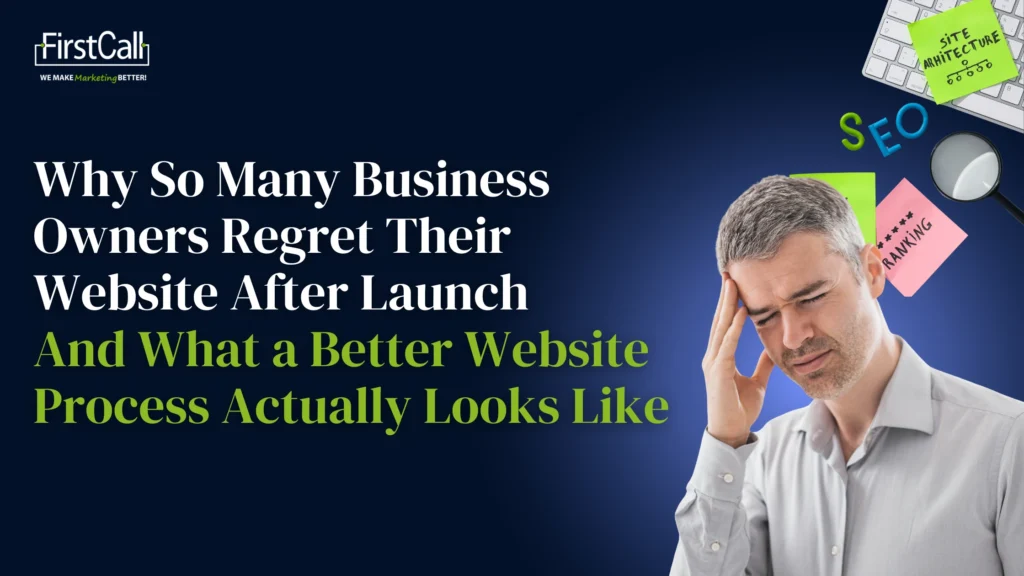Search Engine Optimization. If only the answer was that simple. SEO is the most popular term in the Digital Advertising world. It’s important because it encompasses so many different avenues of online marketing. Google’s search engine has been said to be 2 billion lines of code. Please don’t make me count it.
This means in order to optimize your website, there isn’t one factor to consider, or two, or three. There are dozens of factors a small business can control in order to be optimized for search engines. Let’s break down the key factors search engines consider and more importantly, the benefits of optimizing your website for your business. I promise the article won’t reach 2 billion lines.
What are Search Engines?
There are several search engines in the world. If you don’t know what I mean by search engine, Google it. A search engine is simply an algorithm that takes a query or a search term from the user and directs them to the most helpful website. The three most popular search engines are Google, Google Images and YouTube. Not even joking! Then there’s essentially a three-way tie between Bing, Yahoo and Amazon.
As you can tell from the graphic above, Google receives the lion share of searches when you combine their 3 platforms together to reach 93% of searches. This number varies between organizations by about 10%, but Google dominates no matter who you ask. While it is important to pay attention to the other search engines, Google should be your focus.
Now how does Google determine which websites will be the most helpful related to the search terms from the user? Well, it’s hard to give specific answers because Google hides their proprietary data, but there are some well-educated opinions from large data collectors. This graphic above from FirstPageSage, shows the order of important factors to Google.
It’s important to note Google’s algorithm is constantly updating because there are tricksters or black hat SEO specialists that game the system. Google’s algorithm game isn’t perfect, but it does reward the players who follow the rules of their game.
Why is SEO important to my business?
History tells us that over 50% of clicks goes to the top 3 average position from Google Searches. Your average position is how high up the page your website can be found after your Google Ads and Local Pack results. We will discuss those two search results a little bit later.
While being ranked in the top 3 is important, it’s vital to constantly improve your rank even if it seems helpless. It takes time and hard work to build your page rank for the limitless supply of searches. Just remember, higher average position means more customers coming to your website. If your website is compelling, that means more customers coming to your business.
Let’s break down some of the most important ranking factors, so we can start understanding how to get your website ranked up and draw more traffic or customers to your business.
Keyword Research for SEO
The first step in SEO planning is determining the search volume for keywords related to your website. If you are an IT provider for businesses, there’s probably no reason to rank well for laser tag arena. Determining the search volume for keywords related to your business offerings should be your first step whether you’re starting a website from scratch or improving your SEO from a live website.
For businesses that are starting their website from scratch, check out our Keyword Planner article. It is great for keyword research whether it’s for organic searches or paid searches like Google Ads.
If your website is live and can’t gain traffic, you will want to revisit how your efforts have been over the past year. No idea how to do that? I have just the blog, SEO Tips: 5 Popular Analytics Tools.
Now you have a list of keywords with high search volumes related to your business you want to target for your website. It’s time to start improving the actual website.
On-Page Optimization
Without getting into the technical coding or web development work, your page will need to be structured correctly for on-page optimization. The simple definition for on-page optimization means anything you can do to improve your average position on your website page.
This graphic from Moz does an amazing job on highlighting all the different web development strategies you can implement to optimize your page. Here are few of the important ones:
- Title Tags
- Meta Tags
- Keywords in URL
- Website loads quickly.
- Images with appropriate alt tags.
- Security Certificate
- Information Architecture
- Content Marketing- Engaging content that keeps users on the page.
Off-Page Optimization
For Small Business owners and the Marketing team, this is the SEO you will focus on most. Off-Page SEO is all activities off the website that can lead users back to your website. Examples of Off-Page SEO include the following:
- Social Media Engagement with links back to your website.
- Local Citations from platforms like Yelp, Angi’s, YellowPages, Yext, etc.
- Link Building from other websites.
- Press Releases
- Community Engagement
Depending on your business makeup, you might take on these tasks yourself or assign it to your Marketing team. All these activities might seem like a waste of time, but if you setup the proper reporting and goal structure, you’ll be able to capitalize and adjust your marketing tactics with the help of accurate website reporting.
How do you track SEO?
Following users around the internet has been easier than ever and it does wonders for showing what’s working for your website. All you need to do is install a Google Analytics tracking code to you’re the header of your website and you should be good to go.
For the SEO reporting options, I recommend reading SEO Tips: 5 Popular Analytics Tools – to understand how you’re going to keep an eye on your new SEO strategies.
The metrics to consider for SEO reporting are things like traffic overview, acquisition overview and page behavior. Improving your average page position is what you want to reach at the end of the day, but all these other metrics make up your position. You’ll see quicker gains in the former metrics than the later.
What are simple steps to improve your SEO?
Google My Business: Improving your Local SEO rank is an easy win to your SEO goals. Claiming your Google My Business listing is easy and free to do. Google loves to list themselves in their results (shocker). The Local Pack is often above the organic search results, so be sure you claim your listing.
Social Media: Small Businesses can take the free and easy step of setting up social media profiles to start drawing customers to their website. Online marketing isn’t setup your website and you’re done. It’s an ongoing process that takes a serious investment if you’re going to survive in today’s digital age.
Blogging: Updating your website with new content is a huge factor in Google’s algorithm. It shows Google that the business cares about improving their website more than once every 5 to 10 years. The other obvious factor is it improves your keyword presence on your site.
Paid Advertising: Paid Advertising makes up roughly 14% of online commerce traffic. Google Ads is the most popular option for Paid Advertising and will help your SEO goals with the clicks you receive. Google Ads is the quickest way to appear on the top of search results because that’s where Ads typically live!
Paying for SEO isn’t recommended but implementing Google Ads early in your website launch is recommended. Plus, Google Ads gives you great tracking data and ad spending options to make sure your Ads are leading to sales. Unlike tv commercials and radio ads, you can’t track from where they encountered your ad to the direct sale. With Google Ads you can. Learn more about Google Ads.
Who can help me with my SEO?
Small Business Owner: You’re the decision maker and can check off all these items yourself. The internet is full of helpful free and paid resources for you to implement all these strategies. As you grow your business, this could be your best option. However, SEO takes up a lot of time, especially when it’s not your strength. Consider how much time you want to spend on SEO and what it can be worth.
Designated Employee: Having a designated employee overseeing Marketing and Web Development, but they are usually a tough find and can be expensive. Additionally, they will require further training you may not know how to receive for them, and your marketing practices will become outdated.
National Marketing Firm: There are many national marketing firms who will perform SEO services for you, and they probably spam you constantly. Their pitch is usually something like for $500/month we can increase your sales by $3,000! While their sales pitch isn’t bad, they are usually a little more aggressive with their sales tactics and might leave you in the dust after you’ve paid.
First Call Digital Agency: Working with First Call you get a dedicated Account Manager’s to help you create your SEO strategy and then implement it. All the while knowing you’re working with someone who understands your market and business growth needs.





